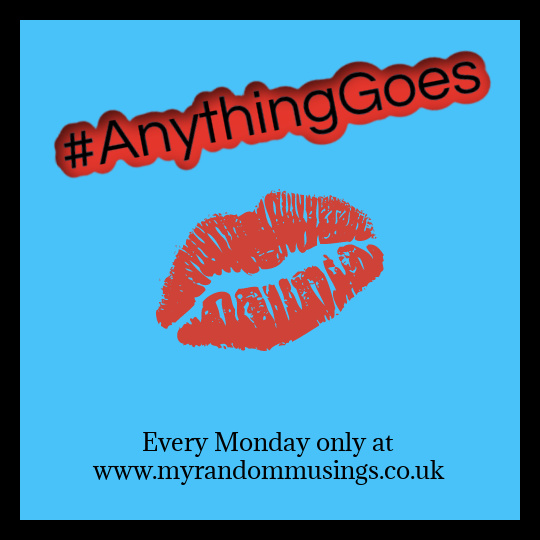Hi everyone. I know for sure I did a post describing my limitations on my now defunct blog, but don’t think I ever did one on here. Besides, even if I did, I learn something new about myself, including my disabilities, all the time. For my letter D post in the #AtoZChallenge, I thought I’d describe my disabling conditions in lay terms. Oh wait, the lay terminology is going to be really tough.
First, I am blind. I have what is called light perception, which means that I am able to see whether it is dark or light around me, but not what direction the source of light is coming from (that ability would be called light projection). Functionally speaking, even though I can still tell day and night-time apart and this is what sets the totally blind apart from those with any vision in medical terminology here in the Netherlands, I consider myself totally blind.
Next, I (most likely) have mild cerebral palsy (CP). I say “most likely” because my parents didn’t tell me whether I had any diagnosable condition that would explain my mobility impairment and I stopped seeing a physiatrist (physical disability doctor) when I was around nine. In any case, I walk with a drop foot on my left side that gets worse when I get tired. Though I can, with difficulty, walk a distance of about 5km at a time when I’m very energized that day, I do fall more easily than non-disabled people. I didn’t realize this until, several years ago, I read on a CP-related blog about fall risk assessments containing a question about whether you’ve fallen for any reason in the past year. Well, the blogger said hardly a week goes by that they don’t fall. That isn’t exactly true for me, since I hold onto someone’s arm or hand when walking, but I do fall at least once a month.
CP (or whatever it is) also means my fine motor skills aren’t great. I used to get physical therapy for this. I did exercises like touching my thumbs to each of the other fingers. I can now do that easily with my right hand and with some difficulty with my left. I cannot use a knife and f ork to eat with and, even with my specially adapted spoon, often make a bit of a mess. I can type and do so with both hands, but I much prefer to use my right hand and, even though I was taught the ten-finger touch typing, I don’t do it fully correctly. As long as it works, though…
Since CP is caused by brain damage, in my case a brain bleed sustained shortly after birth, it can also come with other difficulties, such as processing issues and lower energy levels. This can also be part of autism, which I was diagnosed with at age 20, of course.
Autism, of course, has its core symptoms of differences in social communication and repetitive behaviors and interests. Because I can hold down a reasonably normal-sounding one-on-one conversation about myself, as clinical assessments often are, I am diagnosed as “mild” or level 1. I am not “mild” by any means, truthfully.
I am tired. I was writing an entire rant on why I am nnot “mildly” autistic, but I was using all kinds of technical terms and I promised you a lay explanation. I don’t think this post makes much sense, but oh well.



